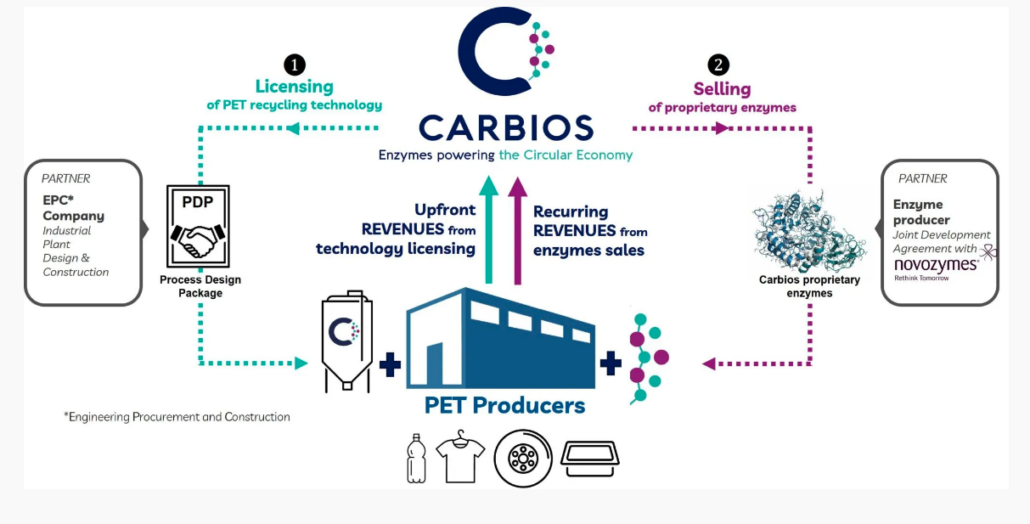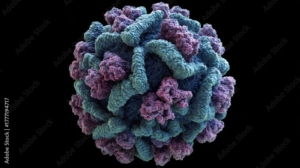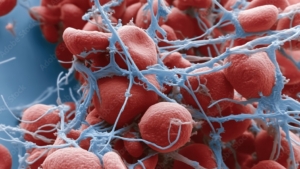
PVH Corp joins fiber-to-fiber consortium
PVH Corp has joined fiber-to-fiber consortium that wants to make textile recycling sustainable by establishing standards for biorecycled textile fibre.
The consortium, founded by French Carbios SA, On, Patagonia, PUMA and Salomon in January 2023, aims to support the industrial scale development of Carbios’ enzymatic polyethylene terephtalate (PET) biorecycling process, setting new global standards for textile recycling technologies. Under the collaboration, PVH Corp.’s iconic brand portfolio and product lines will broaden the scope of application for Carbios’ cutinase-based technology that enzymatically converts PET fibres to its monomers allowing full recycling of native PET for another production/recycling cycle.
During the two-year collaboration, Carbios and its partners collaborate to deliver the biological recycling of polyester items at industrial-scale, including thorough sorting and dismantling technologies for complex textile waste. The ultimate aim is to prove fiber-to-fiber closed circularity using Carbios’ biorecycling process at an industrial scale in support of the Consortium members’ ambitious sustainability commitments.
Carbios’ enzyme-based technology can recycle blended feedstocks, therefore reducing extensive sorting required by current thermomechanical recycling methods. For mixed fiber textile materials, Carbios’ patented cutinase acts solely on the PET polyester found within. This process creates recycled PET (r-PET), equivalent in quality to virgin PET, that can be used to produce new textile fibers.
Globally, only 13% of textile waste is currently recycled, mainly downcycled. The remaining 87% is destined for landfill or incineration. In order to work on improving textile recycling technologies, Consortium members will supply feedstock in the form of apparel, underwear, footwear and sportswear. In 2023, a new line for textile PET waste will be operational at Carbios’ demonstration facility via notably the LIFE Cycle of PET project co-funded by the European Union. This comes in anticipation of future regulations, such as the separate collection of textile waste to be made mandatory in Europe from 1 January 2025.
To produce fibers and fabrics, today’s textile industry largely relies on fossil-based non-renewable resources, and in part on recycled PET bottles for recycled polyester fiber. This resource, however, will become scarce as PET bottles will be destined exclusively to produce new bottles within the Food & Beverage Industry. In a circular economy, the materials used to produce textiles are sourced from recycled or renewable feedstocks produced through regenerative practices. As well as supplying feedstock for the demonstrator, Consortium members aim to create new products from Carbios’ r-PET fibers.


 stock.adobe.photo.com/Popelniushka
stock.adobe.photo.com/Popelniushka  Boehringer Ingelheim
Boehringer Ingelheim Adobe stock photos - nadia
Adobe stock photos - nadia